Section 134(2) of the Constitution of the Federal Republic of Nigeria 1999 (as amended), particularly sub-paragraph (b), has generated heated debates and controversy for the past few weeks, especially after the conclusion and announcement of the winner of the February 25 presidential election.
For clarity, Section 134(2) of the constitution (as amended) provides that: “(2) A candidate for an election to the office of the President shall be deemed to have been duly elected where, there being more than two candidates for the election.
(a) he has the highest number of votes cast at the election; and “(b) he has not less than one-quarter of the votes cast at the election in each of at least two-thirds of all the States in the Federation and the Federal Capital Territory (FCT), Abuja.”
Weeks after the Independent National Electoral Commission (INEC) declared Bola Ahmed Tinubu of the All Progressives Congress (APC) as the winner of the election, the correct interpretation of sub-of Section 134(2) paragraph (b) has raised disputes among legal experts and stakeholders. This is owing to the fact that Tinubu failed to secure the required 25 percent votes in the FCT, and also especially as Nigeria has never had any president not having at least 25 percent of votes in the FCT during elections.
According to INEC, the President-elect, Tinubu, scored the highest number of votes cast, and also obtained at least 25 percent of the votes cast in 30 states. However, he only obtained 18 percent of the votes cast in the Federal Capital Territory, Abuja (FCT).
The question, therefore, arose if Tinubu had indeed satisfied the spread requirement contained in Section 134(2)(b) of the Constitution (as amended) to be the president-elect of Nigeria.
Tinubu scored a total of 8,794,726 votes to defeat Atiku who polled a total of 6,984,520 votes and Obi of the Labour Party (LP), who came third with a total of 6,101,533 votes.
While some legal experts arguing that presidential candidates must score at least 25 percent of all the votes cast in the Federal Capital Territory (FCT), Abuja, aside from the other two conditions precedent to be declared winner of an election, others are of a different opinion.
This brings the question, what is the relevance of ‘25 percent votes in the FCT’ for who becomes President of Nigeria.
Legal opinion differs with a lawyer insisting that to be declared president, a candidate must win the FCT.
In an interview with Persecondnews, human rights lawyer and the Executive Director of Citizens Advocacy for Social and Economic Rights (CASER), Mr Frank Tietie, said a candidate must score at least 25 percent of the votes cast in the FCT to be declared president.
“If the FCT didn’t matter, it wouldn’t have been expressly mentioned in the provision of section 134(2). All you need is an inversion of the statement by putting the last first, saying a candidate will have to have the highest votes to win; that is fundamental.
“Then it goes on to state that ‘he will have to have a quarter of all the votes cast in each state out of the two third of all the states of the federation and FCT.
“So if you change it, it says he has to have a quarter of all the votes cast in the FCT and then proceed to have a quarter of the votes cast in two third of all the states of the federation.
“Section 299 of the constitution referred to FCT as a state, however, when it comes to the provision of an election considering the special status of the FCT; being a coalescence of Nigeria, the whole essence you need to look at is the purpose of the provision.
“That is to say you don’t only have to have a popular vote, but your vote has to be spread across the representative of the federating unit of Nigeria so that you can be seen as the president of the whole of Nigeria, and not necessarily a section. That is why the FCT is special.
“Let me borrow the expression used by Mike Igini, which is very apt. He said ‘it’s just like an examination question where question one is compulsory and then you can answer any other one among the 36 questions.’
“So FCT is the compulsory question, it is fundamental. Then you must win at least a quarter of all the votes cast in the FCT. So this means you must win a minimum of 24 States and the FCT. You can even win 30 or 35 states but you must win a quarter of the votes cast in the FCT.
“The last time Nigerian jurisprudence actually dealt with this issue was in 1979 and at that time there was no FCT.
“But if you look at the presidents we have had over the years, they have always had landslide victories across the entire states, so this hasn’t really come up as an issue,” he stressed.
“The fundamental, which means the foundation upon which any win must stand is you have to win the FCT. That is the expression of the constitution. Why will the Constitution expressly mention the FCT if it wanted it joined with the 36 States?
” If the FCT was to to be expressly considered as a state; the 37th state, the constitution wouldn’t have mentioned it in the provision,” Tietie explained
Whoever fails to get 25% minimum votes in the FCT can’t be declared president- Agbakoba
Another legal luminary, former President of the Nigeria Bar Association (NBA), Dr Olisa Agbakoba (SAN), in an interview on a national television monitored by Persecondnews, gave his opinion on the lingering controversy.
According to Agbakoba, whoever fails to get the 25 percent minimum votes in the FCT can’t be declared president, adding that he had already written a letter to INEC.
He argued that the Constitution separated FCT entirely in the instance under discussion, highlighting the use of conjunction ‘and’.
On reasons why the declaration of the Tinubu as the winner of the February 25 election may have a problem, he quoted Section 134(2) of the Nigerian Constitution which provides the conditions to be met before one is declared a winner of a presidential election.
“134 (2): It applies literally because the rule of interpretation says if you read something and it is so clear to you, then you don’t need to interpret it.
“The constitution says you must win a quarter of the votes in two third of 36 states AND the FCT. It says ‘AND’, so what do you want to say? The answer is obvious.
“It’s so simple, you get a quarter of the votes in 36 states, which is 24. So that’s one part of it. It goes on to say ‘AND’ the FCT’. So as far as I am concerned, you must also win 25 percent in the FCT,” the former NBA President said.
Expressing a different view, Mr Femi Falana, a Senior Advocate of Nigeria, said a candidate can be declared winner of a presidential election in Nigeria without scoring up to 25 percent of votes cast in the FCT.
However, giving a different interpretation of Section 134(2) of the 1999 Constitution (as amended), Falana said FCT is not a constitutional requirement for a presidential candidate to be declared winner of a presidential poll.
Falana, who stated this in an interview on a national television, explained: “It is not a requirement that you must win the FCT. The courts have ruled that pursuant to Section 299 of the constitution, that the FCT should be treated as a state. That is the law.
“You don’t have to win the FCT; if you meet the requirement; that is two-thirds of the majority of states in the country. You don’t have to win the FCT.
“The concern that has arisen is that looking at the campaigns going on, people are wondering whether any candidate will win those stringent constitutional requirements: 25 percent and at least two-thirds of the state and of course majority of lawful votes all over the country.”
FCT in Nigeria is an equivalent of the Electoral College in the U.S – Ogebe
Also lending his voice, international human rights lawyer and expert on Nigeria’s election laws, Mr Emmanuel Ogebe, is also of the opinion that 25 percent votes cast in FCT should be met by a presidential aspirant before being declared winner of the election.
“All elections in Nigeria tend to end up in court. There are two institutions that make up elections in Nigeria; the INEC and the court. INEC basically creates the mess and the court has to clean up after.
“With regard to this specific provision, it is quite intriguing because, in a normal understanding of plain English, 25 percent of the FCT should be met in the threshold, and that has not happened in this case. The requirement has not been met.
“However, in legal reasoning, you find out that the language of the law is not the language of the average man, so in this case it has to be resolved by the court in two ways; either by the conjunctive reading of the text or dis-conjunctive reading of the text.
“Reading conjunctively will imply that Abuja is the heart of the 25 states. Reading it dis-conjunctively means the states and Abuja.
“Ironically, this issue has bedeviled Nigeria electoral jurisprudence for decades. The court has actually created a mathematical formula that actually explains how that ratio is met.
“So to the average listener, you think that it means that Abuja must have specifically 25 percent, but with the formula that the court has created, there’s actually a numeric value that have been attached.
“The people of Abuja are like the people of Washington D.C, they don’t have statehood and they are desiring statehood. It will be unfair to them to be used and treated as a state only for election purposes, when literally they do not benefit from the democracy that we have. The rationale behind this is equity and fairness,” Ogebe said.
Meanwhile, as Nigeria prepares for the presidential inauguration on May 29, 2023, election petitions by the People’s Democratic Party (PDP) and the Labour Party (LP) and other parties, challenging the outcome of the February 25 presidential election, where the issue of 25 per cent votes cast in the FCT as one of the main crux of the petition, are still unresolved at the Presidential Election Petition Court.









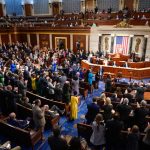
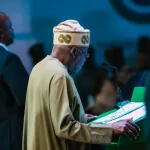

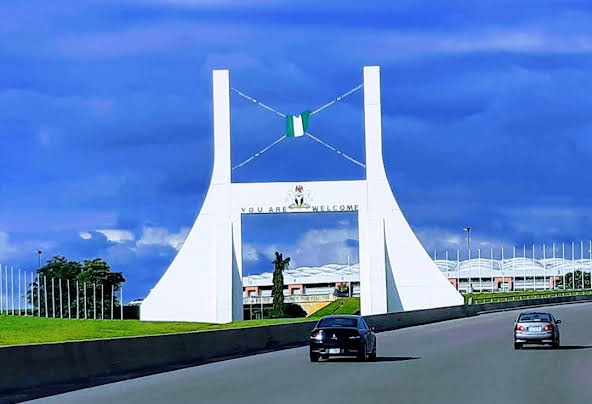

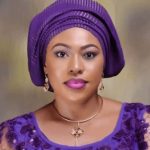
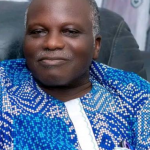







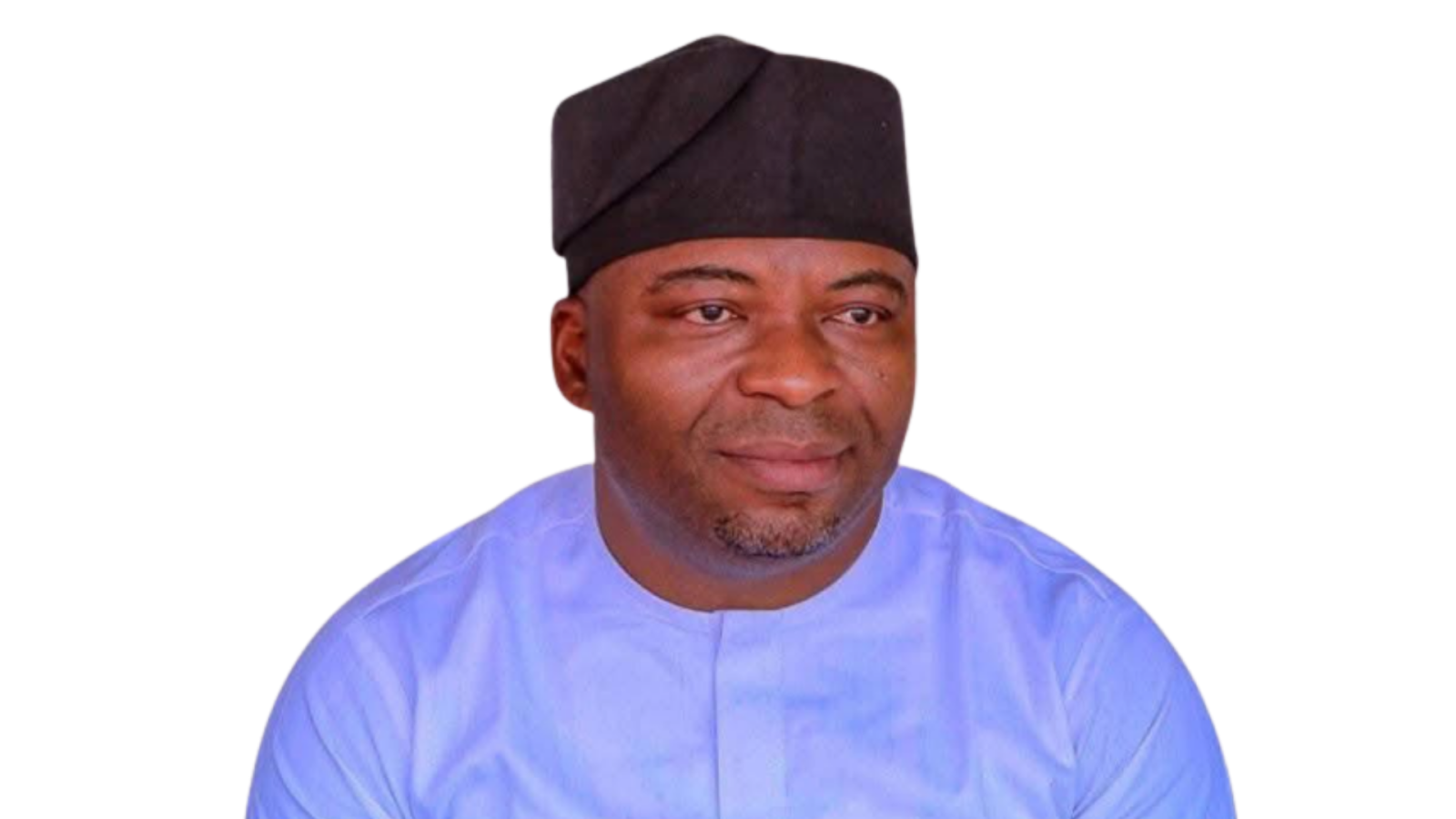
Leave a comment